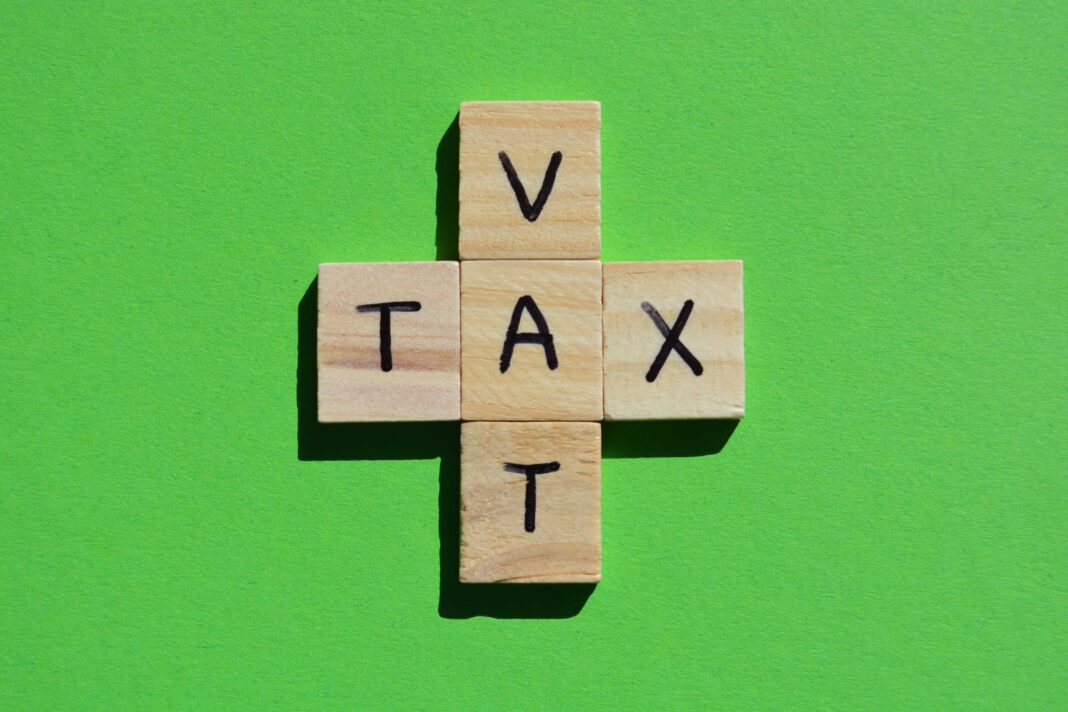Value-added tax (VAT) is a tax levied on the value added to goods and services during production and distribution. In Mexico, VAT is a type of indirect tax that is applied to the sale of goods and services. In this article, we will explore the VAT system in Mexico, including how it works, the current VAT rate, and its implications for businesses and consumers.
Brief history of VAT tax in Mexico
The VAT system in Mexico was introduced in 1989 and has since been modified several times to keep pace with economic developments. The current VAT rate in Mexico is 16%, and it applies to most goods and services, with some exceptions for certain items such as basic food items, medicine, and educational materials.
One of the key features of the VAT system in Mexico is that it is a credit-invoice system, which means that VAT paid on inputs can be offset against VAT charged on outputs. This helps to minimize the overall burden of the tax and reduce the cost of doing business.
VAT in Mexico – what you need to be aware of?
For businesses operating in Mexico, it is important to understand the VAT system and ensure that they are in compliance with the relevant regulations. This includes registering for VAT, issuing invoices with the correct VAT amounts, and keeping accurate records of VAT transactions. Failure to comply with these requirements can result in penalties and other legal consequences.
Consumers in Mexico also need to be aware of the VAT system and how it affects the prices of goods and services. When purchasing goods and services, they can expect to pay an additional 16% VAT on top of the base price. However, they can also claim back VAT on certain purchases, such as business expenses, if they meet the relevant conditions.
What impact Mexico VAT has on different sectors of the economy?
VAT is a tax on the value added to goods and services during production and distribution. In Mexico, VAT is also known as Impuesto al Valor Agregado (IVA). The standard VAT rate in Mexico is 16%, although there are certain goods and services that are subject to reduced rates of 8% or 0%.
- Impact on the tourism industry. The tourism industry is a major contributor to the Mexican economy, and VAT has a significant impact on this sector. Accommodation services, tour operators, and other tourist-related businesses are subject to the standard VAT rate of 16%. However, there are also reduced VAT rates for certain services, such as restaurants and cafes, which are taxed at 8%.
- Import and export of goods. Like in many other countries, VAT also has implications for businesses that import and export goods. Imported goods are subject to VAT at the time of importation, while exports are generally exempt from VAT. This can have a significant impact on the competitiveness of businesses and their ability to trade globally.
- Impact on small businesses. Small businesses are an important part of the Mexican economy, and VAT has both positive and negative effects on these businesses. On the one hand, small businesses can benefit from the credit-invoice system, which allows them to offset VAT paid on inputs against VAT charged on outputs. On the other hand, small businesses may find it challenging to comply with the complex VAT regulations, especially if they do not have the resources or expertise to manage these obligations.
In conclusion, the VAT system in Mexico is an important part of the countrys tax system, playing a crucial role in raising revenue for the government and helping to fund public services. Whether you are a business owner or a consumer, it is essential to have a good understanding of how Mexico VAT works and how it affects you.










